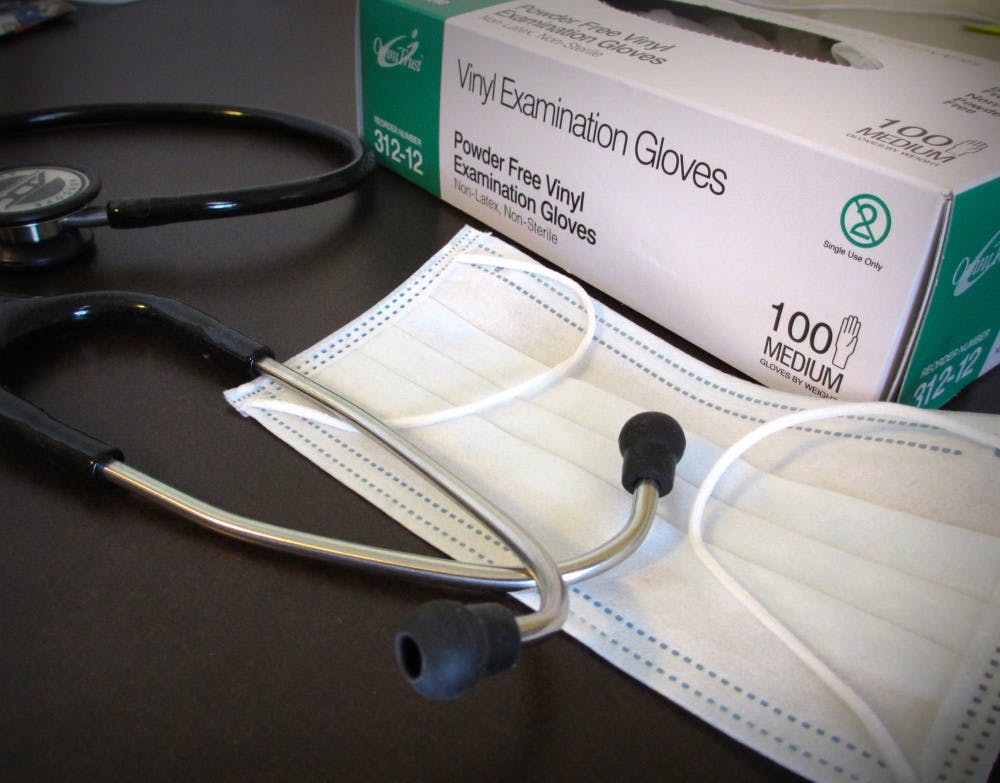Miami University confirmed a case of meningitis on campus Tuesday, with all signs pointing to the less severe viral strain.
The student is a male who lives in Morris Hall, fellow residents say. He is currently receiving treatment.
Cindy Traficant, a practice administrator at Student Health Services, said the bacterial form of meningitis tends to be the most dangerous, while the viral strain is generally less serious, more common and easily treated.
"Most college students carry the viral diseases that cause meningitis, but very few will actually develop meningitis," she said, adding that only about 1 in 1000 infected people will develop symptoms.
But health and student affairs staff aren't taking any chances. They have notified and educated those who have been in close proximity to the student about the signs and symptoms of disease, said Claire Wagner, Director of News and Communications.
"We were all really scared when we heard," said first-year Morris resident Mackenzie Rossero. "But I think the university did a good job of educating us and responding to the situation really quickly."
Meningitis is an inflammation of the membranes surrounding the brain and the spinal cord, and can be caused by bacterial, fungal and viral infections. According to the Centers for Disease Control and Prevention, viral meningitis affects about 10 in 10,000 people every year in the U.S.
Symptoms of meningitis include typical flu-like symptoms, with a severe headache, stiff neck and sensitivity to light.
The viral strain of meningitis can spread communicably - the same way similar viruses like the flu and cold do through the air, touch and bodily fluids. The only way to prevent the disease, Trafficant said, is to eat well, rest and wash hands frequently.
After the university was notified of the student's diagnosis, Traficant said she visited the student's residence hall to educate his fellow residents about the importance of washing hands and the difference between bacterial and viral meningitis.
Unlike with the bacterial strain, treatment for viral meningitis does not include medication, but rest, intravenous fluids and allowing the disease to run its course.
"Someone with the viral strain will typically be treated for a week or so, usually in the hospital, but it may take him a few more weeks to feel back to normal," Traficant said. "It certainly takes a toll on your body."
Miami University highly encourages, but does not require, students to receive the meningococcal meningitis vaccine - which prevents many of the bacterial strains. However, this vaccine will not prevent the viral strain, Traficant said.
"But it is still very important to vaccinate yourself against the bacterial strain because meningococcal meningitis can be very serious," she added.
Student Health Services did not release the identity of the student diagnosed with meningitis, or where he is being treated, due to doctor-patient confidentiality.

